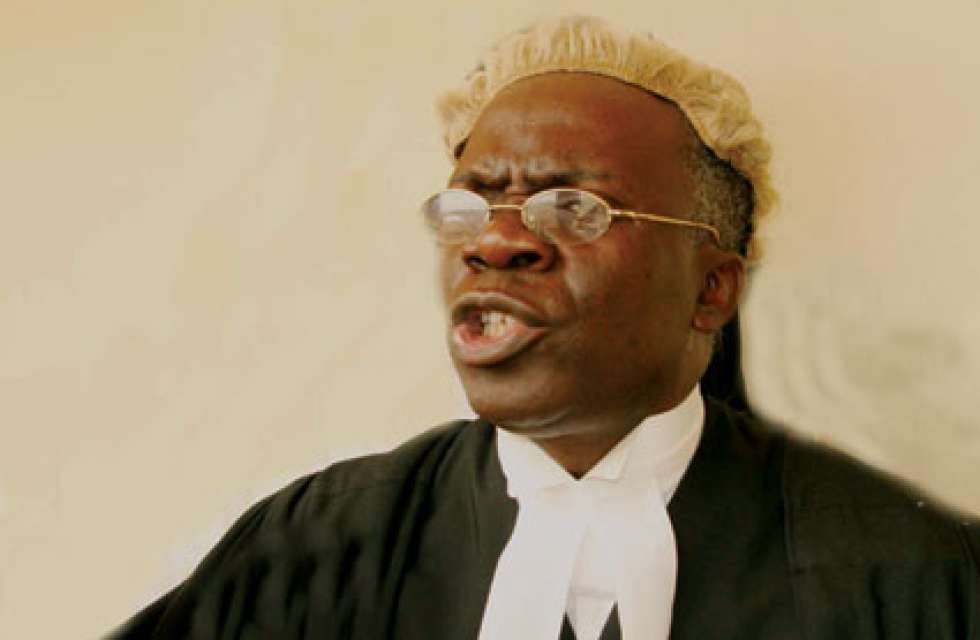Culture is a verdict of the strongest and the wishes of the majority. It is not an inimitable prescription of some spiritual force that would not bend to changes in time and space.
Even in my few decades on earth, I have witnessed changes to so many cultural events and practices.
I have no doubt that what we call culture or tradition today is the crystalisation of years and eras of changes and adjustments.
Some cultural practices were halted by sheer repugnance, while several others succumbed to overwhelming influences, such as wars, diseases, and mass migration.
In many instances, extant practices were subsumed by the influence of the factors mentioned above.
That is why so many things that were in vogue in the past simply disappeared under pressure. That is why anthropology gives evidence of practices we never knew existed. It does that all the time.
The people of Egypt built pyramids to bury their kings. Today, they no longer even know how to build those monuments. Unum ex pluribus.
May I ask if the ancient power of the Yoruba king is still available to him? Is he not answerable to the local government chairman or state governor, as the case may be? 150 years ago, this king would demand the head of the governor as punishment for an affront.
Perhaps we could review specific historical events as a corollary.
The Abobaku practice is practically dead today. But it was part of our culture.
Indeed, the Yoruba fought a civil war to suppress the custom. First, there was a convention in Oyo in which the practice of killing the Aremo when the Alafin died was abolished. Kurumi of Ijaye, the Kakanfo, later demurred when the Alafin died. He wanted the Aremo, Adelu, to follow his father to the grave. Historical records show that the entire Yoruba nation found the requirement to kill the obviously popular Adelu so repugnant that the Ibadan army had to go to a very destructive war to destroy Kurumi. The hero of that event, Basorun Ogunmola, even single-handedly tampered with the culture of the kingdom.
Having defeated/destroyed the Kakanfo, his natural position, according to the law of averages, should be Kakanfo. Perhaps due to the history of that office, Ogunmola chose to be Basorun instead. But there was a Basorun in office! His name was Gbenla.
Alaafin Adelu had to make do with two Basoruns! Ogunmola was too fierce to be confronted over a simple matter like that (laughter permitted). Don’t forget that the Basorun was Prime Minister. Only second to the Alafin himself.
We must now hurry back to the present. I refuse to accept that obaship in Yoruba land is the exclusive property of the traditional institution. It certainly was in the past.
We confront an oba who attends church regularly and sits in the front row at Adeboye’s monthly RCCG programmes. We have an oba who is a devout Muslim and has made several pilgrimages to the Hajj—an oba who has only one wife.
Every street has a dozen churches, and our mosques make the loudest noises in the morning.
I know there are people who would tender precedence. The institution predates those new developments, they would argue.
Not so fast. The traditional institution is an invention or creation of the people over time, not the other way around. It was common practice that coalesced into what we call culture.
I have demonstrated, without any fear of contradiction, that these events have always been subject to change. We have witnessed numerous major and subtle changes in our lifetime. Even the language we speak often changes or evolves over time.
I dare ask, are the Isese people in the majority now? The traditional institution is not the exclusive property of any sector of society. It is the Commonwealth of the entire community. It changed perhaps not so frequently or sharply in the past. It will continually change.
Now we come to a crucial bridge.
The Yoruba now contemplate not the eventuality of change but moderating sharp or sudden changes to prevent the erosion of the last frontiers of the past.
Perhaps it is better to let the gods fight for themselves, like some have predicted.
I like to write a follow-up to this piece soon.











